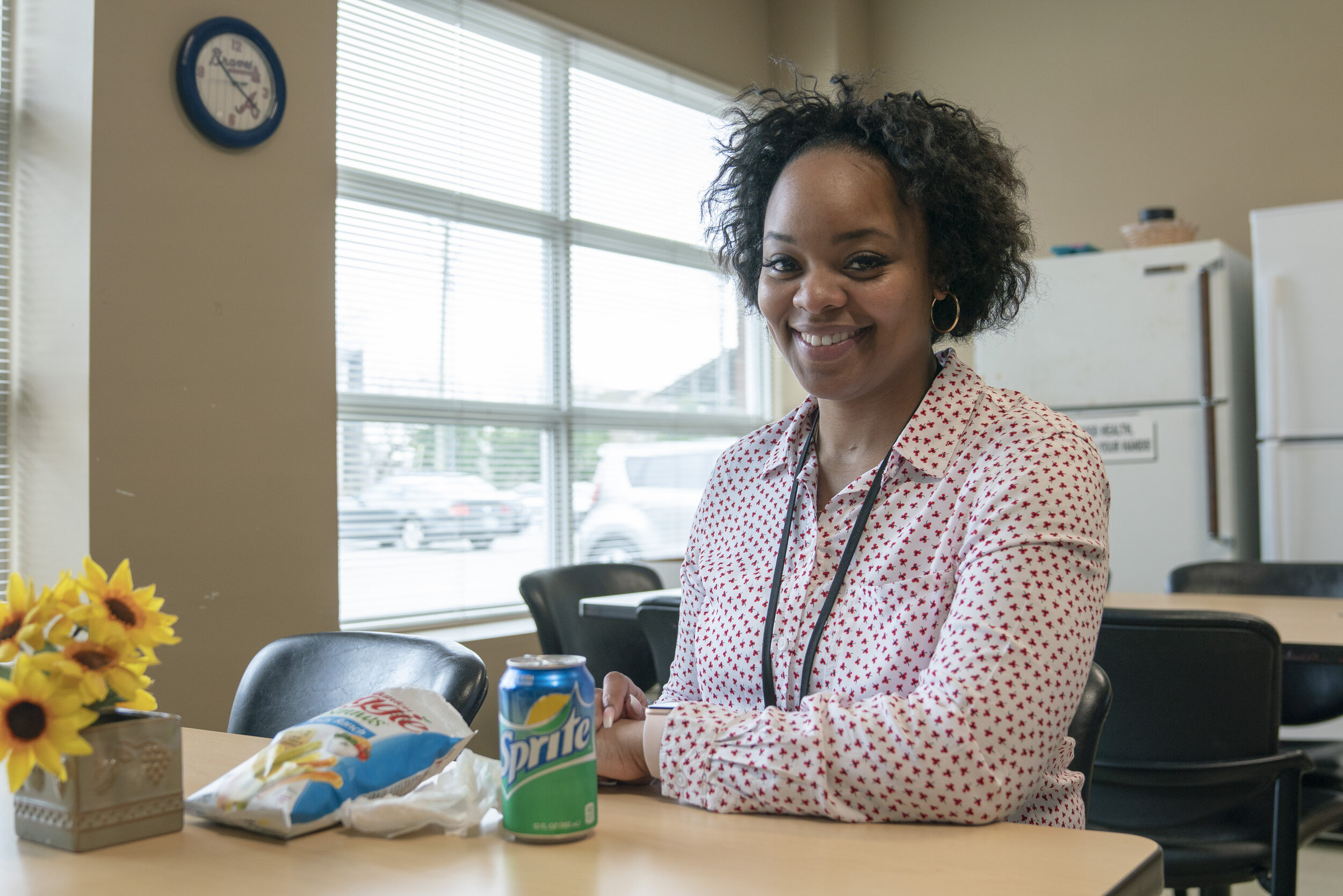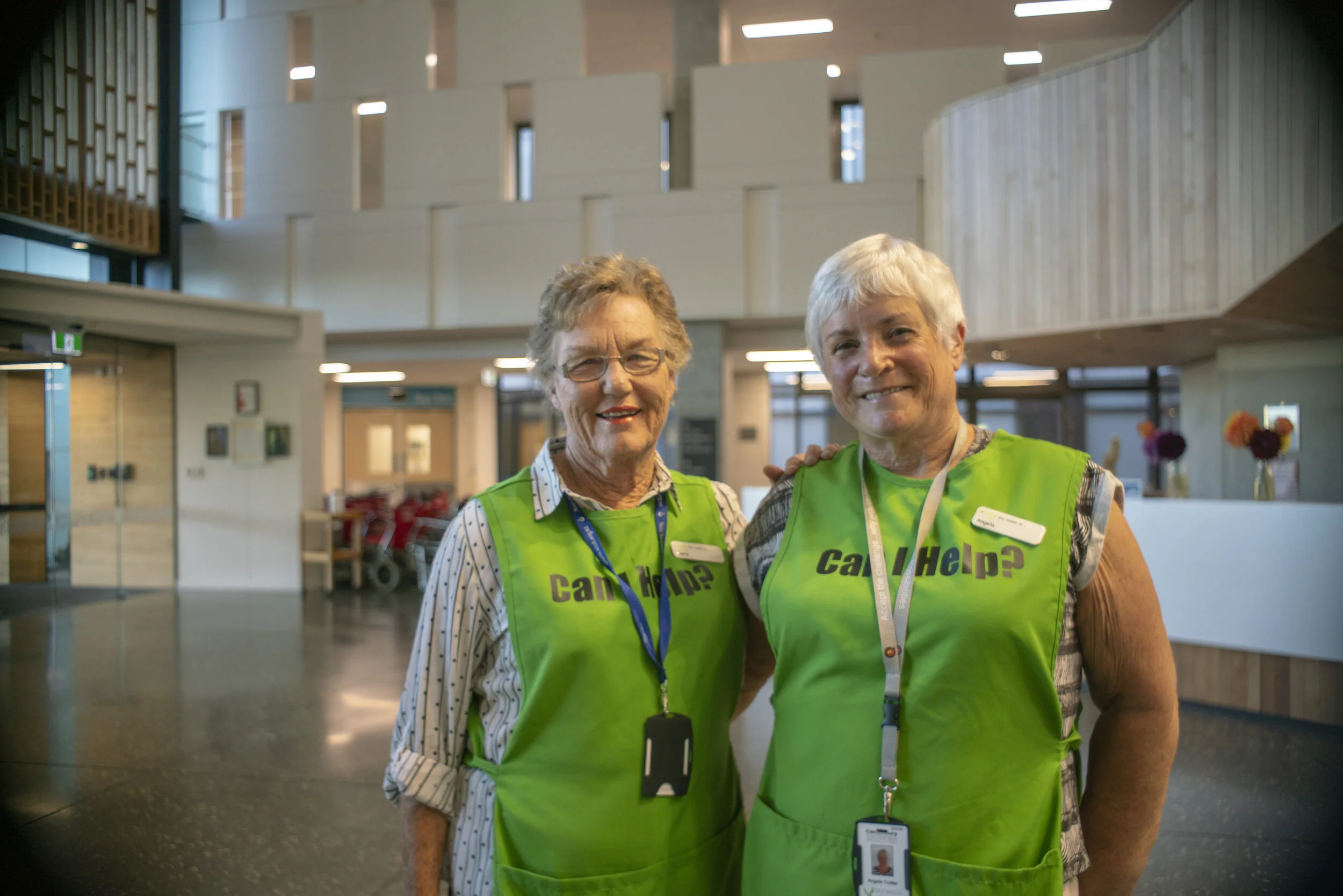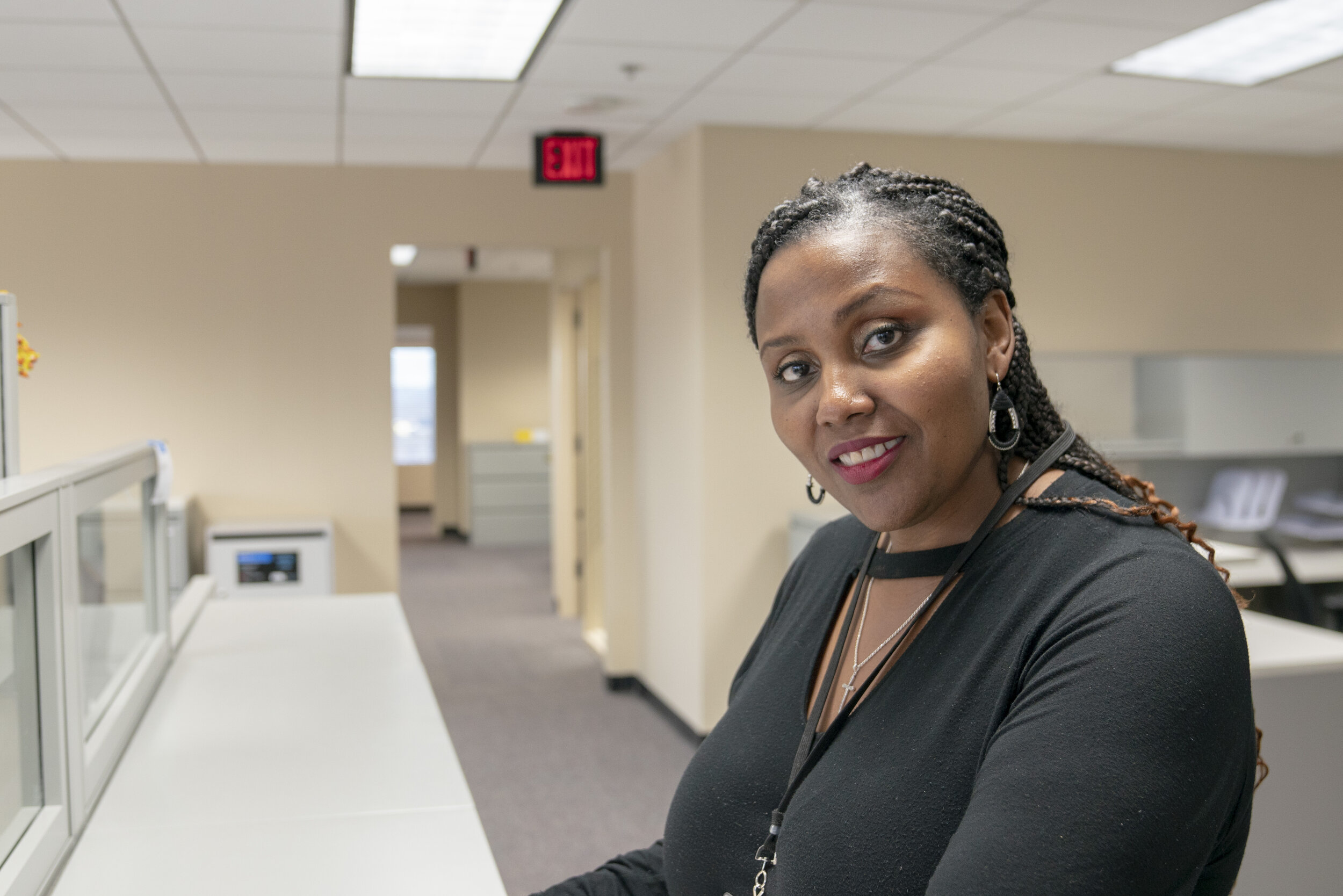Does workflow automation make people happy?
As unstructured work patterns of the past are replaced with the intelligent workflows of the future, there will undoubtedly be consequences for people in the equation. Not only will they find themselves adapting, needing to learn new skills, and managing differently, we should expect there will be deeply personal transformations too.
Business leaders need a qualitative understanding of their people in order to implement advanced process automation effectively and in a way that complements the unique skills that people bring to the workplace.
The client
ServiceNow is an enterprise cloud computing company based in the USA. They provide a service model that defines, structures and automates the flow of work, removing email and spreadsheets from the process to streamline the delivery of services otherwise known as workflow digitisation.
The Challenge
Central to workflow digitisation is the idea that technology can reduce the complexity of work and in doing so improve experiences at work. Improved conditions at work can have positive wide ranging affects both on the individual and their lives but also on the health of the organisations work culture and success in the market place. The challenge is the implementation and organisational change required by digitisation.
Organisational change can make employees at all levels nervous. ServiceNow produce a quarterly publication which is dedicated to publishing original and enterprise journalism on workflow digitisation. The target audience is c-suite executives either on a path of digitisation with their given organisation or looking to begin the digitisation process.
Meet the lean, mean visual ethnography team.
Our Approach
Habitus came on board to provide the research for the Winter edition entitled ‘The Culture Issue’. To contribute to the publication we were asked to investigate the impact of digital workflows on people. The primary research question: Does process automation improve work experiences for knowledge and service workers?
For this research, the team immersed themselves in the operations of a major health system in Australasia and the offices of a state government agency in the United States. We interviewed and shadowed about 20 research participants, collecting more than 80 hours of film footage, 100’s of photos and 60 hours of audio recordings. Both were undergoing significant digital transformations that involved process automation.
The result
Our research, filming and photography contributed towards an immersive online article experience. As a reader you’re able to meet and see all of the participants. You can watch short films which help provide context on their individual challenges and their respective responsibilities within each organisation. The edition also includes a featured article which draws on the original research we conducted. We also delivered 6 robust recommendations for business leaders to help them successfully adopt and implement workflow digitisation more smoothly. You can see and read everything via the links below.







